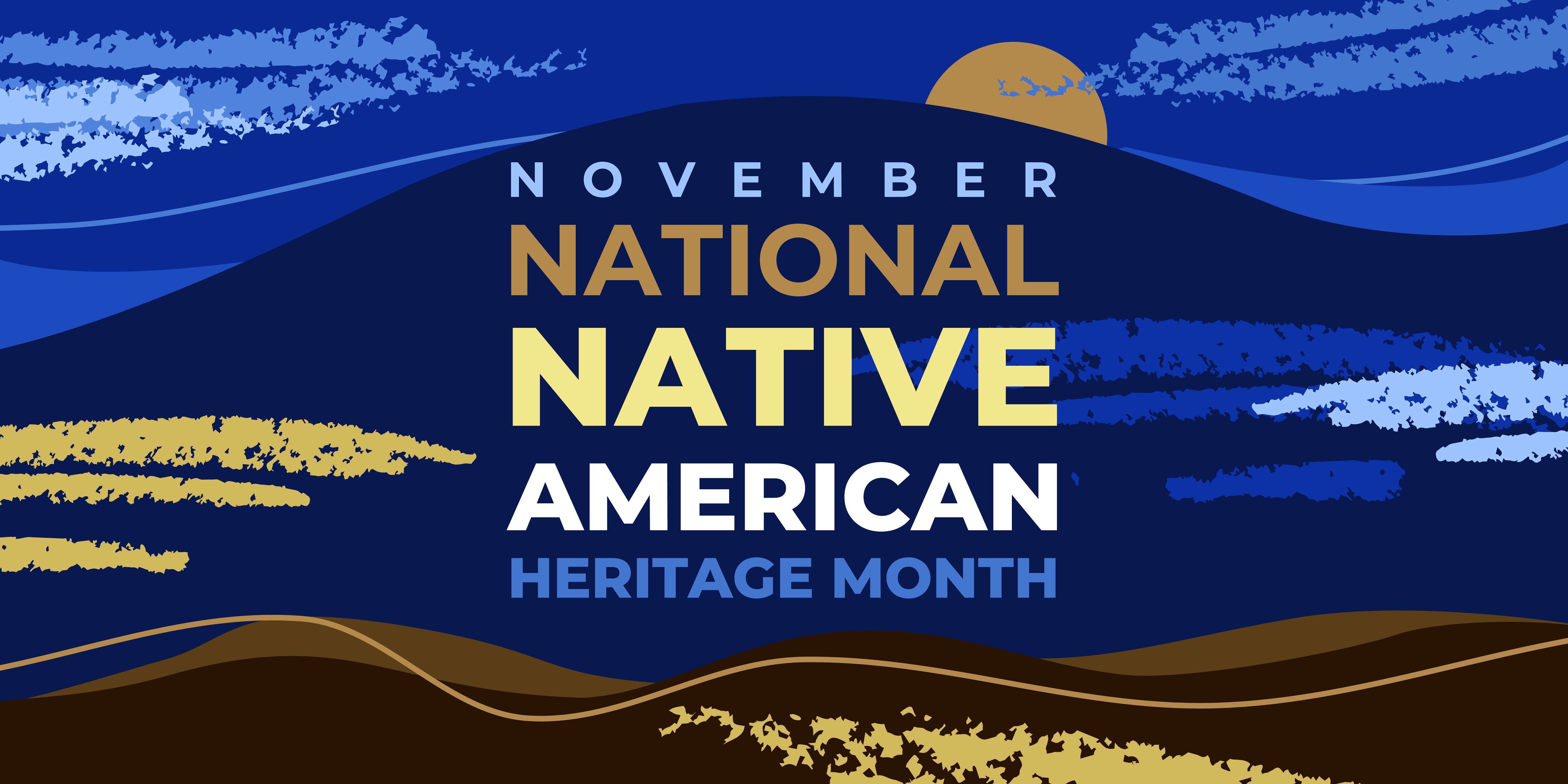Throughout November, the Export-Import Bank of the United States joins in celebrating Native American Heritage Month in recognition of the important contributions the first Americans made — and continue to make — to the development and success of the United States.
In 2020, the nation's American Indian and Alaska Native population stood at 7.1 million, according to the most recent U.S. Census data. That number is expected to increase to 10.1 million by 2060 — representing about 2.5 percent of the projected total U.S. population. To honor their legacy, EXIM President and Chair Reta Jo Lewis is presenting a special message, underscoring the agency's commitment to diversity, equity, and inclusion.
“During Native American Heritage Month in November, the nation pays tribute to the rich ancestry and traditions of Native Americans,” Chair Lewis said. “Here at the Export-Import Bank of the United States, we want to take a moment to acknowledge those significant contributions to the establishment and growth of our nation.”
EXIM President and Chair Reta Jo Lewis celebrates Native American Heritage Month. You also can view her message here.
Honoring Immeasurable Contributions
The modern observance of Native American Heritage Month dates to 1916, when New York became the first state to celebrate American Indian Day. That followed an effort by Red Fox James, a member of the Blackfeet Nation, who rode across the country on horseback garnering approval from 24 states for a day honoring American Indians, which he presented to the White House.
It was more than seven decades later before that vision came to fruition, when President George H.W. Bush signed a joint congressional resolution in 1990 designating the month of November as “National American Indian Heritage Month.” Similar proclamations have been issued every year since 1994 with variants of the name, including “Native American Heritage Month” and “American Indian and Alaska Native Heritage Month.”
This year, in proclaiming November as National Native American Heritage Month, President Biden noted that despite a painful history, Indigenous peoples, their governments, and their communities have persevered and flourished. There are currently 574 federally recognized Indian tribes, and 324 federally recognized American Indian reservations, according the Census Bureau.
“As teachers and scholars, scientists and doctors, writers and artists, business leaders and elected officials, heroes in uniform, and so much more, they have made immeasurable contributions to our country’s progress,” President Biden said.
Building on Cultural Heritage
For Native-owned businesses, exporting can magnify the impact a small business has on the community as a whole, according to JoAn Begay Notah, Project Director for the Arizona Minority Business Development Agency (MBDA) Export Center, which is operated by the National Center for American Indian Enterprise Development (NCAIED).
“Historically, Native Americans had their own trade routes, and that’s what exporting brings back to this market today is that opportunity for worldwide outreach for their customers and developing their customer base. In turn, business owners give back to their communities by providing jobs and promoting economic development,” she said.
The Census Bureau found that in 2019:
- There were 26,064 businesses owned by American Indians and Alaska Natives.
- Those businesses created jobs for 215,049 employees.
- They generated an estimated $35.8 billion in receipts.
Those numbers are continuing to grow, said Chris James, NCAIED President and CEO. His comments were featured during EXIM’s webinar, Celebrating Native American Heritage Month, where he underscored the contributions of America’s indigenous people.
“Global trade is an increasingly important part of that work as tribes, tribally owned businesses, and Native entrepreneurs seek new markets and new buyers for their product. We aren’t just talking about doing business beyond the borders of our tribal communities; we’re doing business across the world,” he said.
EXIM’s Minority and Women-Owned Business Division (MWOB) can help Native-owned businesses thrive in the global marketplace. The MWOB team works closely with organizations that have a minority trade focus, to help spread the word about EXIM financing and create opportunities for export-ready U.S. businesses that are owned by minorities, women, veterans, and individuals with disabilities.
To find out how EXIM can help your business compete globally, schedule a free consultation with an EXIM trade finance specialist and launch your export journey today.

